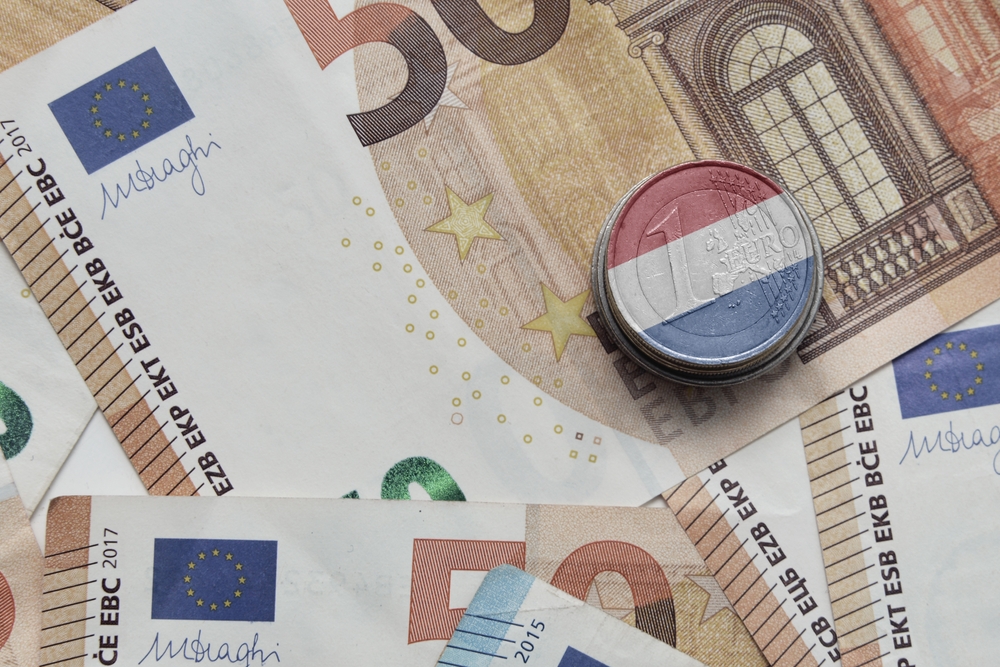The Netherlands has joined its German neighbors by entering into a recession after the Dutch economy recorded two consecutive quarters of contraction so far this year.
The first estimate published by Statistics Netherlands (CBS) on Wednesday revealed the economy shrank by 0.3 percent in the second quarter of the year, following a 0.4 percent contraction in the first three months of 2023.
The country’s fortunes have notably deteriorated after the Dutch economy bounced back strongly from the coronavirus pandemic, recording almost 5 percent per year increases in 2021 and 2022 respectively.
“After the coronavirus dip, the Dutch economy recovered much quicker and stronger than the rest of Europe. In the last year that has turned around,” said CBS chief economist Peter Hein van Mulligen.
Broken down by industry, the agricultural and fisheries sector took the largest hit, contracting by 4.1 percent quarter-on-quarter. Trade, transport, and hospitality decreased by 2 percent, while water utilities and construction shrank by 1.5 percent and 0.5 percent respectively.
On the contrary, mining and quarrying increased by 10.9 percent, the energy supply sector rose by 8.5 percent, and the recreation and culture sector saw a 6.1 percent increase.
A decrease in the Dutch trade balance was one of the primary reasons for the contraction, according to the statistics office. The country generally traded less last month with its total volume of goods exports down by 1.5 percent in June year-on-year, and its imports down by 2.5 percent for the same period.
A decrease was mainly seen in exports of chemical, metal, and food products.
Meanwhile, Dutch household consumption increased with Dutch consumers spending more on energy and services than this time last year.
In total, households spent 1.2 percent more in June year-on-year. However, Dutch families spent 5.9 percent more on energy bills, 2 percent more on durable goods, and 0.9 percent more on services, while public consumption of food, drink, and tobacco dropped by 1.9 percent.
Looking ahead, we see a very flat GDP, with quarterly growth figures remaining close to zero,” wrote ING Group, the Dutch multinational banking giant. “The second quarter figures at first glance do not seem to call for a substantial change to the view that there will be growth of a few tenths of a percentage point for all of 2023.”
The Netherlands currently has an outgoing government following the announcement of Prime Minister Mark Rutte’s intention to stand down and retire from frontline politics.
An early general election is scheduled to be held in the country on Nov. 22, 2023.






